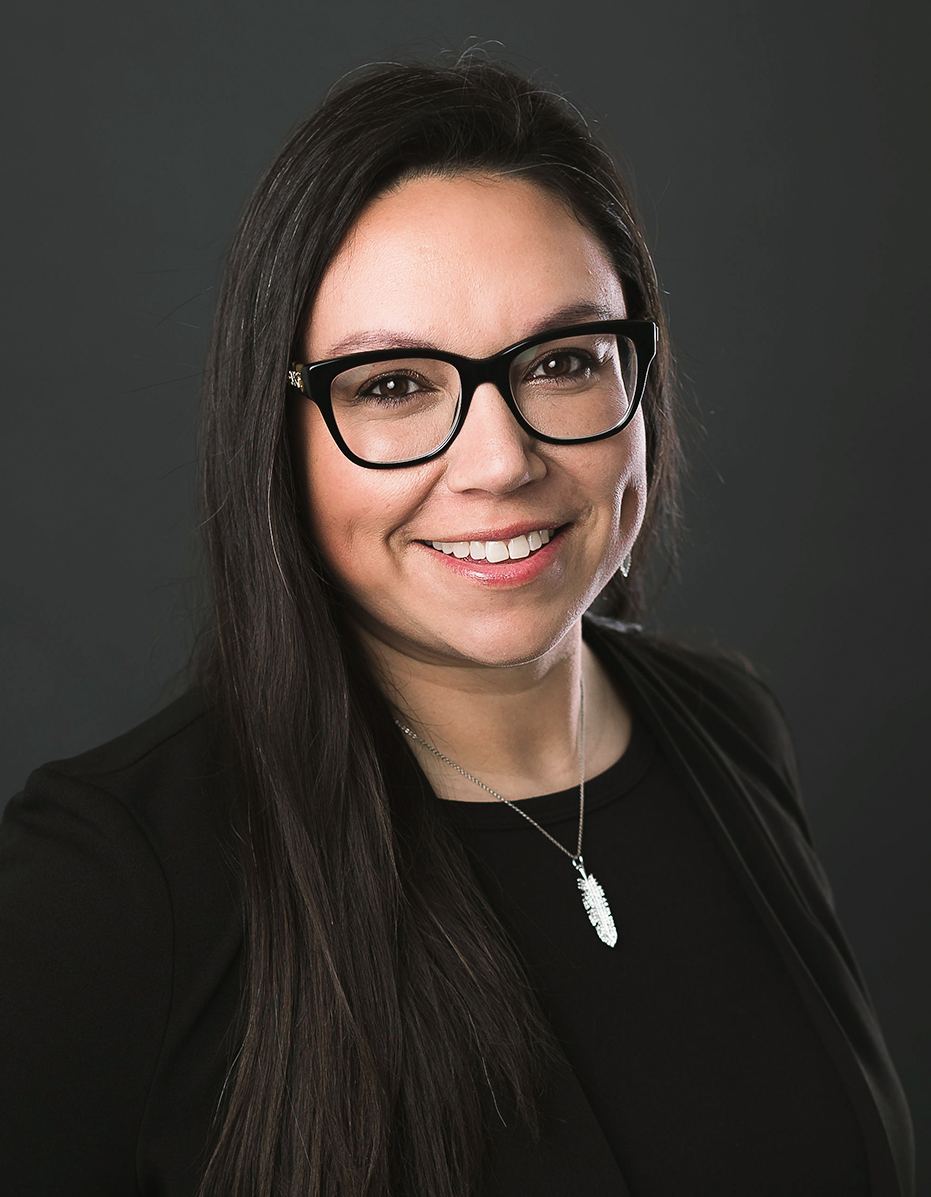
- Details
- By Darren Thompson
ST. PAUL, Minn. — Minnesota Representative Heather Keeler (D-Moorhead) filed a bill earlier this week in the Minnesota House of Representatives, asking the state to observe Indigenous Peoples’ Day. Minnesota observes Indigenous Peoples’ Day as a holiday, but via a proclamation signed by Governor Tim Walz in 2019.
This isn’t the first bill to recognize Indigenous Peoples’ Day in the state, however. Unlike the first two tries by Representatives Susan Allen and Jamie Becker-Finn, both Indigenous, Keeler’s version expands state recognition of the holiday to include an educational component.
“This bill is more encompassing because it involves an education component that would require public schools to teach an hour of education on Indigenous issues if schools remain open on Indigenous Peoples’ Day,” said Minnesota Representative Heather Keeler to Native News Online. “Children in Minnesota could be learning about treaty responsibilities, histories of Indigenous sovereign nations, language, culture, and current issues.”
Want more Native News? Get the free daily newsletter today.
The bill hasn’t been read on the floor yet and still has multiple steps before it becomes a law in the state, but, if passed, the bill would also eliminate Columbus Day in the process.
The observance of Columbus Day began in 1934, after President Franklin D. Roosevelt proclaimed it a national holiday. In the last few decades, the federal holiday has been protested by many American Indian people and organizations, calling the celebrated “discoverer” a colonizer who brought theft of land, widespread death of Indigenous people and loss of Indigenous ways of life.
South Dakota, in an effort to seek reconciliation between Native and white people in the state, was the first to replace Columbus Day with Native Americans’ Day in 1990. Today, more than 10 states and more than 130 jurisdictions observe Indigenous Peoples Day instead of or in addition to Columbus Day. The ten states that celebrate Indigenous Peoples’ Day as an official holiday also include Alabama, Alaska, Hawai’i, Maine, Nebraska, New Mexico, Oklahoma, Oregon, and Vermont. Some of the cities that have replaced Columbus Day with Indigenous Peoples' Day include Seattle, Los Angeles, Boston, Denver, Phoenix, and San Francisco.
Rep. Keeler, an enrolled member of the Yankton Sioux Tribe and Eastern Shoshone, is a first term representative for the Democratic–Farmer–Labor party of the Minnesota House of Representatives from District 4A in Moorhead, Minnesota. Her bill to acknowledge Indigenous Peoples’ Day isn’t her first effort on the issue. In 2019, she spearheaded the movement for the City of Moorhead to officially recognize and celebrate Indigenous Peoples’ Day on the second Monday of each October.
When asked why it’s important for Minnesota to acknowledge Indigenous Peoples’ Day instead of Columbus Day, Keeler said, “Minnesota is 100% treaty land with 11 sovereign nations and Indigenous history is Minnesota history.”
Minnesota State Senator Mary Kunesh, is also introducing similar legislation to the Minnesota State Senate, Keeler said. Kunesh is a descendant of the Standing Rock Sioux Tribe and is the first Indigenous woman to serve in the Minnesota Senate.
More Stories Like This
Native News Weekly (August 25, 2024): D.C. BriefsUS Presidents in Their Own Words Concerning American Indians
Star-Studded Livestream to Boost Native News Online’s Year-End Campaign
Monday Morning (December 8, 2025): Articles You May Have Missed This Past Weekend
Native News Weekly (December 7, 2025): D.C. Briefs
Help us defend tribal sovereignty.
At Native News Online, our mission is rooted in telling the stories that strengthen sovereignty and uplift Indigenous voices — not just at year’s end, but every single day.
Because of your generosity last year, we were able to keep our reporters on the ground in tribal communities, at national gatherings and in the halls of Congress — covering the issues that matter most to Indian Country: sovereignty, culture, education, health and economic opportunity.
That support sustained us through a tough year in 2025. Now, as we look to the year ahead, we need your help right now to ensure warrior journalism remains strong — reporting that defends tribal sovereignty, amplifies Native truth, and holds power accountable.
 The stakes couldn't be higher. Your support keeps Native voices heard, Native stories told and Native sovereignty defended.
The stakes couldn't be higher. Your support keeps Native voices heard, Native stories told and Native sovereignty defended.
Stand with Warrior Journalism today.
Levi Rickert (Potawatomi), Editor & Publisher
